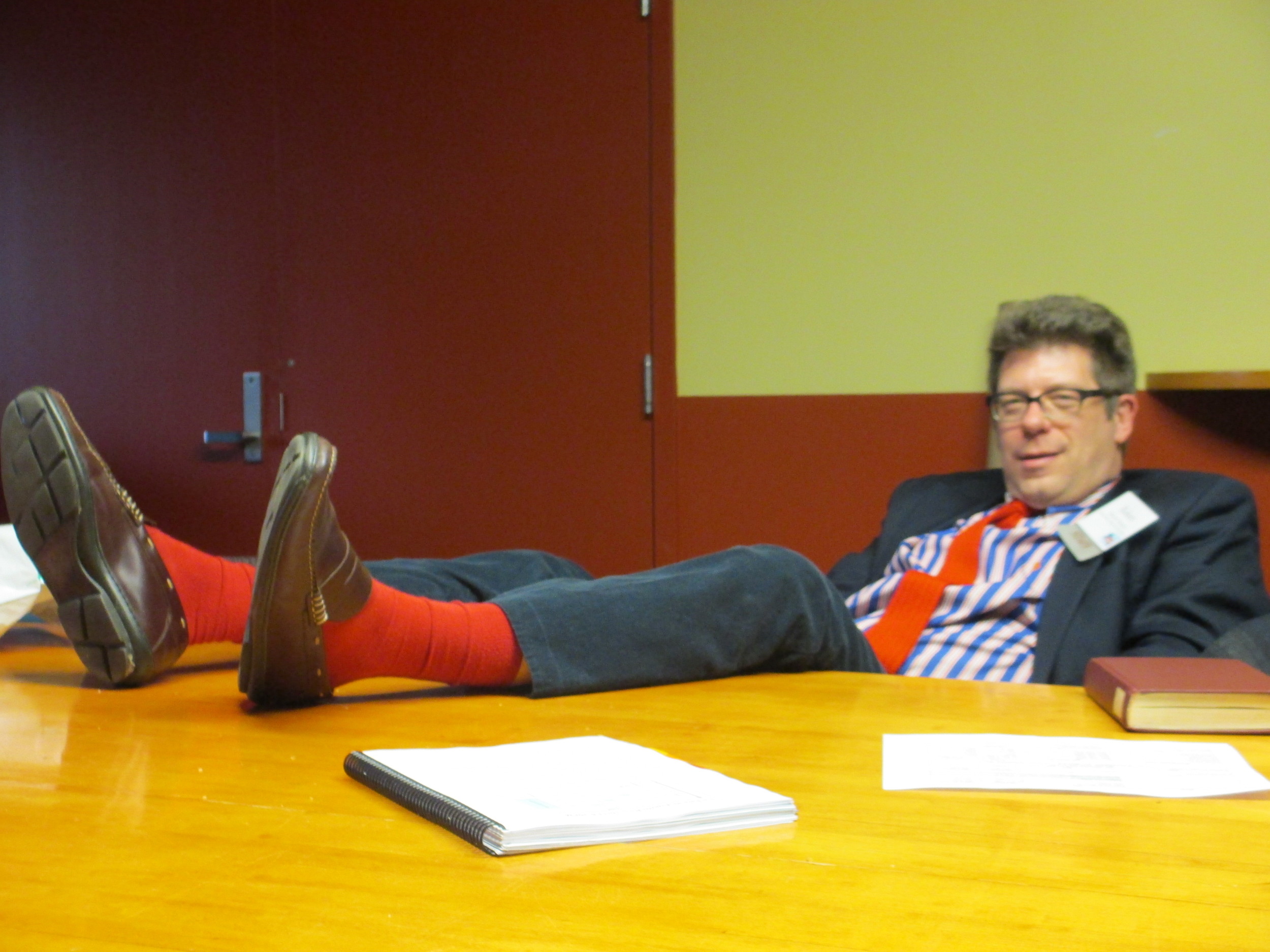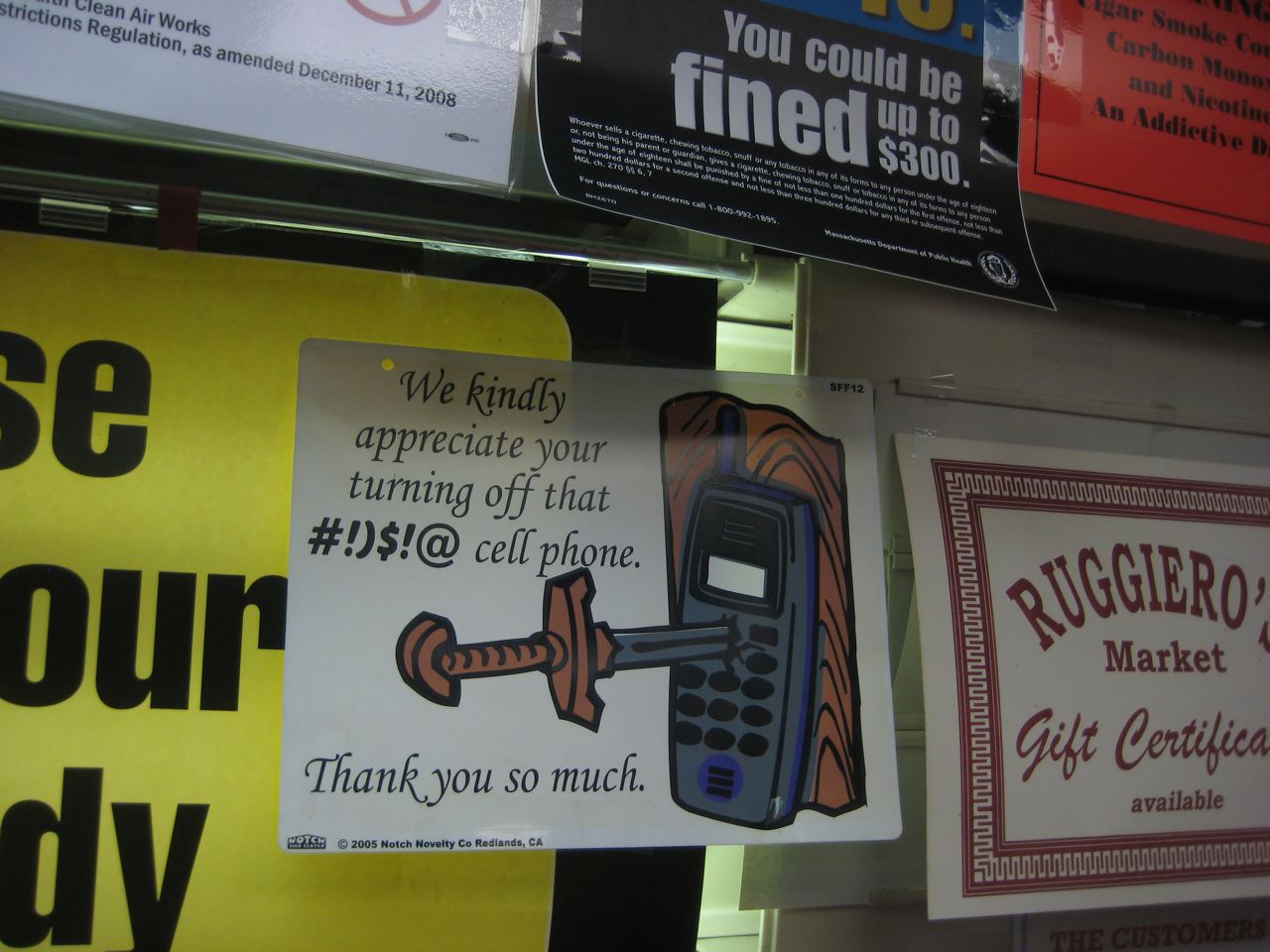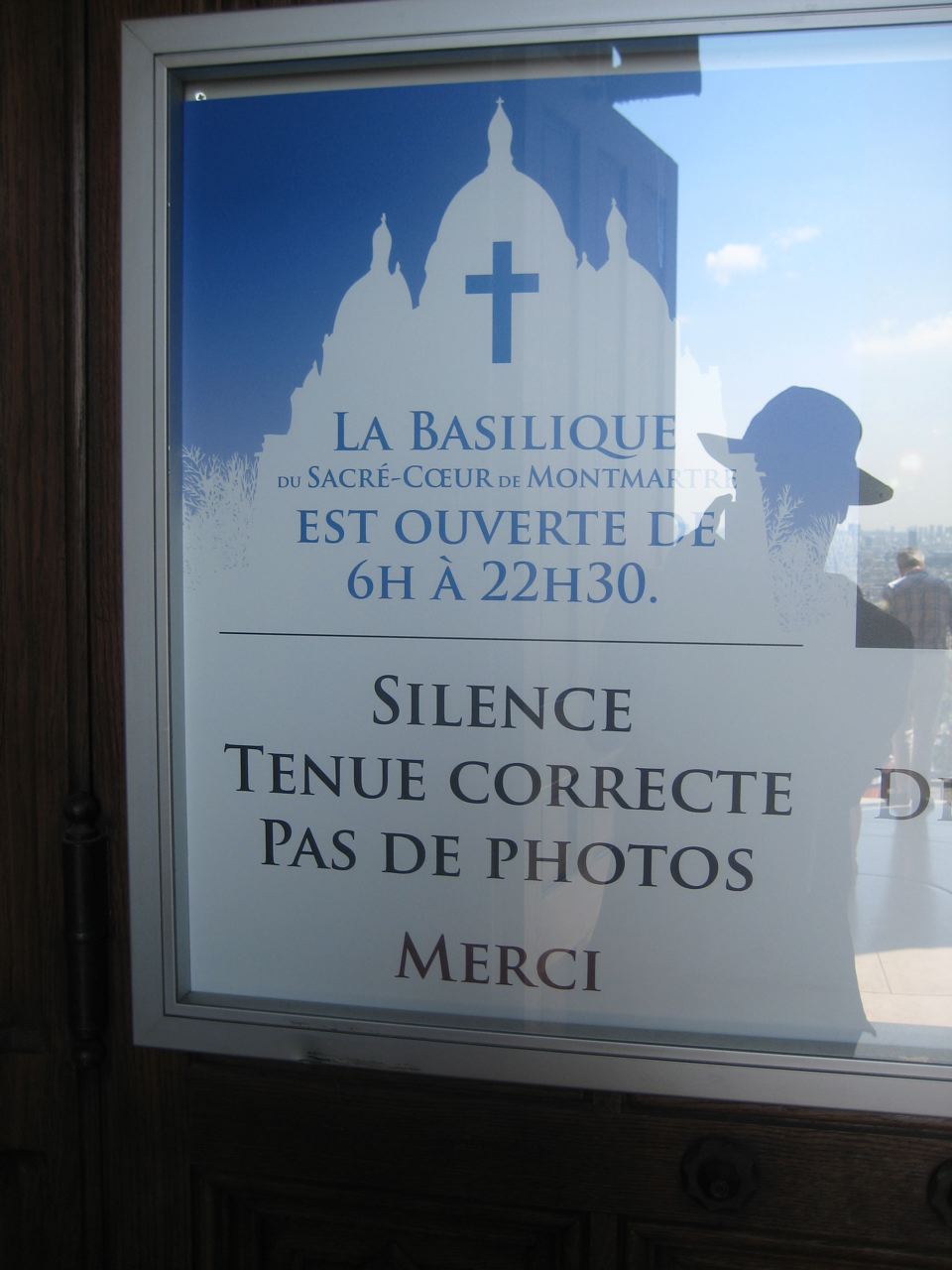Remarks given by Etiquetteer at a meeting of Toastmasters at MIT, February 27, 2013: The late Melville Bell Grosvenor, editor of National Geographic and very much a gentleman of the old school, knew that a host's principal responsibility was to make his guests feel comfortable. One story shared in a National Geographic tribute illustrated just how far a gentleman could go to do so. A young journalist accepted an invitation to attend an evening event at the Grosvenor's winter home in a Southern state. All the gentlemen present were wearing white bucks, leaving the young journalist embarrassed to be the only gentleman in black shoes. Mr. Grosvenor quietly went upstairs to his room, and returned a few moments later wearing black shoes himself. This simple, quiet gesture helped put that young man at his ease.
Indeed, what are the basic points of serving as a host? A host's first duty is to make his guests feel welcome. To begin at the beginning, a host must first arrive at the event in advance of his guests; this is especially true for business functions conducted outside the office, and in communities like Boston where traffic creates unforeseen difficulties. A host then creates feelings of welcome and reassurance in his guests by greeting them by name and with a warm handshake. James K. Polk, the 11th President of the United States, used two devices to assist him. Before bed every night, he would make out a list of everyone he had seen during the day, a memory exercise that served him well; he was never known to greet anyone by mistake. The second device he created out of self-preservation. Polk was a slight gentleman without a robust constitution who had to be constantly shaking hands. He wrote ". . . shake and not be shaken, grip and not be gripped," meaning that it was helpful to be the first into a handshake. He would be sure to offer his hand first and grab the other man near the tips of his fingers, thereby reducing the risk of being squeezed painfully by the other.
A host also promotes comfort by introducing guests to each other, and Etiquetteer recommends doing this immediately with anyone in the vicinity. This is especially important for newcomers, whether in professional or social settings, and should also include a very brief fact, such as "This is Bob Gray. We went to college together" or "I'd like you to know Lisa Morris, general counsel at our local hospital." This gives people a toehold on which to start a conversation without the host present.
Guests at a party, whether social or professional, also like to be reassured that there will be refreshments, since it isn't very polite to ask. Dorothy Draper, in her very amusing book Entertaining Is Fun, emphasizes more than once that guests should be offered drinks immediately on arrival. " . . . the drinks are ready on their table for the host to serve them as the party gathers. These are ready to be served at once so there is no awkward standing around, waiting for the party to begin." When entertaining at a restaurant or hotel, having a waiter or barman on duty to offer drinks or take orders helps move the party along.
A host smooths disagreements between guests should they happen to come up. Many people of good intentions may share honest disagreements, but a party is not always the place to bring them up. A host changes the subject deftly. When the recalcitrant resist, it may be necessary to say "This isn't the time to talk about it." In the movie Advise and Consent, a skillful Washington hostess defuses a humorless, insistent Senator. Protesting, the Senator says "This is no laughing matter!" to which the hostess replies "Then perhaps this isn't the place to discuss it."
And at the end of a function, a host communicates genuine regret that guests must depart. The great Sarah Bernhardt always suggested that one greet guests with "Enfin!" and, when they announced their departure, to look wistfully and ask "Dejá?" A smile and a kind word do much to "speed the parting guest."
Your own queries about entertaining are always welcome at queries_at_etiquetteer_dot_com.























